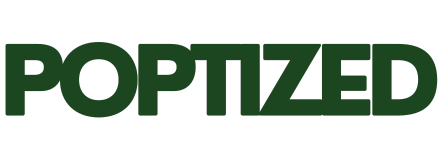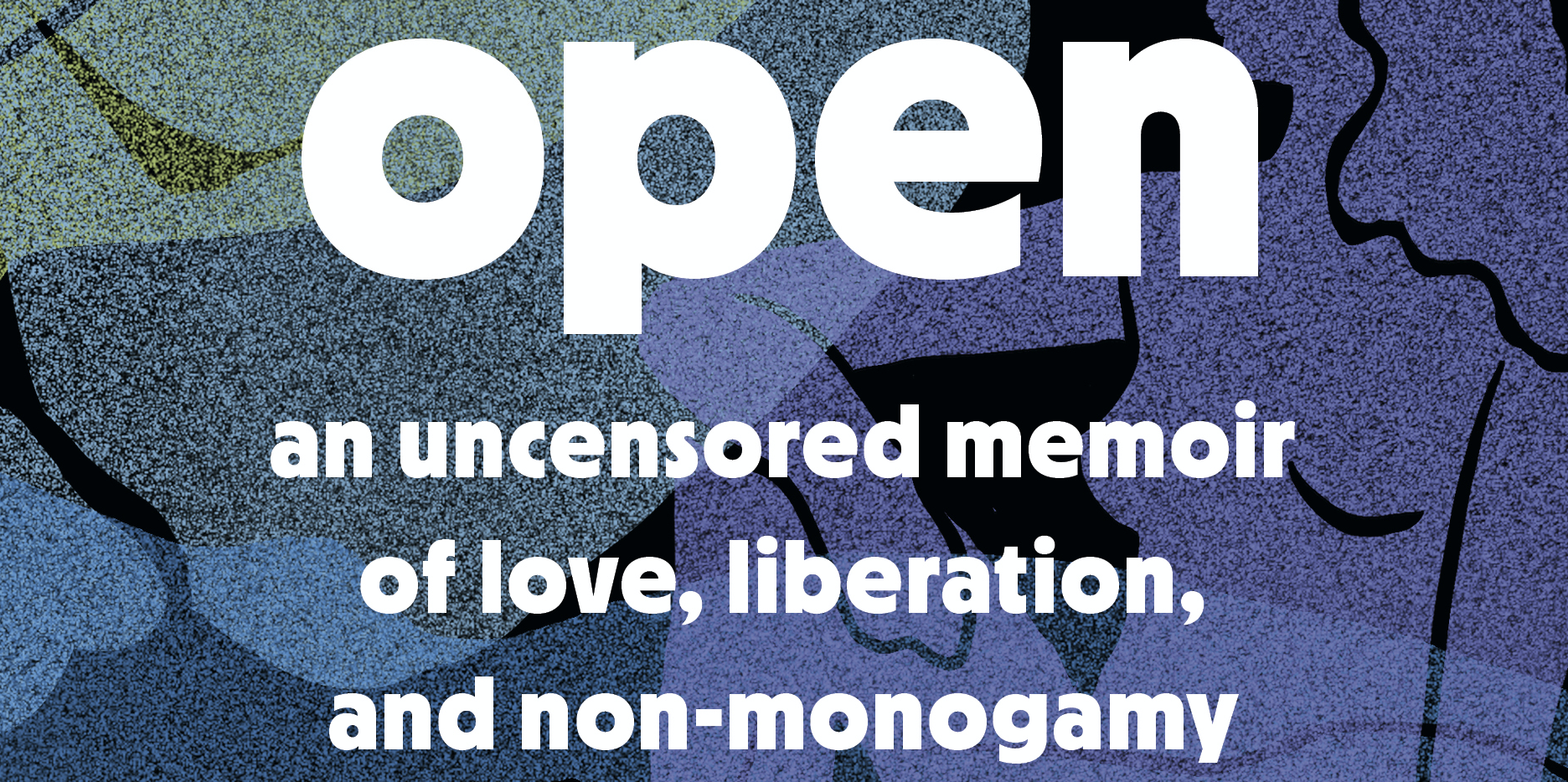When Rachel Krantz was proposed with non-monogamy, she documented her honest and true thoughts, and now we have an *open* look into this world. While some authors might have gone down the informative route, and others might have gone down the simple memoir route of their own experiences, Rachel Krantz decided to combine the two for one book. In 2015, one of the founding editors of Bustle (and also the person who named it) found herself with a rare type of proposal. After her partner explained how he preferred an unrestricted relationship, Krantz saw this as a change that could benefit her.

Over six years later, Open: An Uncensored Memoir of Love, Liberation, and Non-Monogamy is here and readers can learn all about it. Thanks to a generous advanced copy, I was able to devour all of the information Krantz graciously shared and explained before the book was released.
Before we go any further — this book is an unabridged look into Rachel Krantz’s life events and her inner monologue throughout. This means there might be some triggering things for folks.
Content warnings include: explicit sex, drug use/addiction, sexual assault and harassment, and self-injurious behavior/disordered eating. Due to these mature themes, this novel is only recommended to adult audiences.
Summary
As illustrated multiple times throughout this memoir, Krantz explains how there needs to be more than just a “yes or no” decision (impulsive or thought out) for a healthy non-monogamous relationship to be successful. Concepts like boundaries, rules, communication, and self-reflection should be discussed at great lengths between partners. Krantz supports this by also explaining the history of monogamy, and how it is argued that when men began trading their daughters for livestock and legacy, it started to become patriarchal and one-sided. The implicit question being asked by Rachel and the book is, “Am I polyamorous, and are non-monogamous relationships good for me?”
Not only does Krantz provide studies and published research to help the reader answer this question, but she also documented her multi-year relationship with her non-monogamous primary partner, Adam. He proposed a relationship where Krantz would not be restricted from dating, and falling in love, with other people. Over the next few years, the two would explore various iterations of non-monogamous and polyamorous relationships where Krantz explains she was not always honest with herself. Naturally, this led to friction in her relationship and with her mental health. This mistake-riddled chapter of Krantz’s life also had plenty of groundbreaking moments for her self-recognition, her queer identity, and what she wants out of her romantic life.
Review
One of the sad parts of non-monogamy harmlessly existing is that it has been often scrutinized by society, regardless of how happy and healthy these “untraditional” relationships are. While she may not be the first to start this discourse publicly, Rachel Krantz used her journalistic expertise to help bring to light a world of polyamorous and open relationships since too many people either do not understand or openly participate.
While Krantz’s venture into the world of polyamorous relationships would have been worth the cost of admission alone, the supplemental resources are what make her memoir stand out. Throughout her journey, and during the process of writing this book, Krantz either read respected books or spoke with experts and researchers which combined to provide countless examples of proof and justification of the author’s thoughts and feelings. Not only this, but the academic elements help increase the sense of legitimacy and professionalism (something Krantz was not even lacking in the first place).
It was with the advent of the Agricultural Revolution—and its attendant concern for personal assets—that women’s bodies became property to manage. A new paradigm of ‘I’ll trade my daughter for your cow’ eventually led to a culture with expressions like, ‘Why buy the cow when you can get the milk for free?’
One consistently repeating example of where this book exceeds the expectations of the memoir and educational book is Krantz’s self-admission of failures. As touched upon above, Krantz explains implicitly or explicitly that every bad decision is a bad decision on her part. However, Krantz also understandably shares her natural gaps in knowledge when it comes to non-monogamous relationships during her early months and years. By her own words, she is, “certainly no perfect role model”.
While she was able to fill in some gaps through reading and experiencing, Krantz makes it clear she is only one of the countless folks in the world of non-monogamy. While her story might be accessible through this book, she is still only one white 20-something woman, in a heteronormative primary relationship, and living in Brooklyn. Non-monogamy is a vastly different experience when age, race, gender, and location are different than hers. When her privilege is present in the story, Krantz provides published studies or heavily researched and respected books to give some depth beyond her perspective.
One part memoir, one part self-help, and one part educational tool. The amount of assistance and information this one singular book has on the world of non-monogamy is astounding. By the time the reader gets halfway through, there is a good chance that they have already learned tenfold what they expected to.
If you are someone who has always wanted to learn about non-monogamy or are maybe thinking about participating in non-monogamous relationships, this is one of the first books you should pick up.
Pre-Order OPEN by Rachel Krantz anywhere you find books before its release on January 25th!



